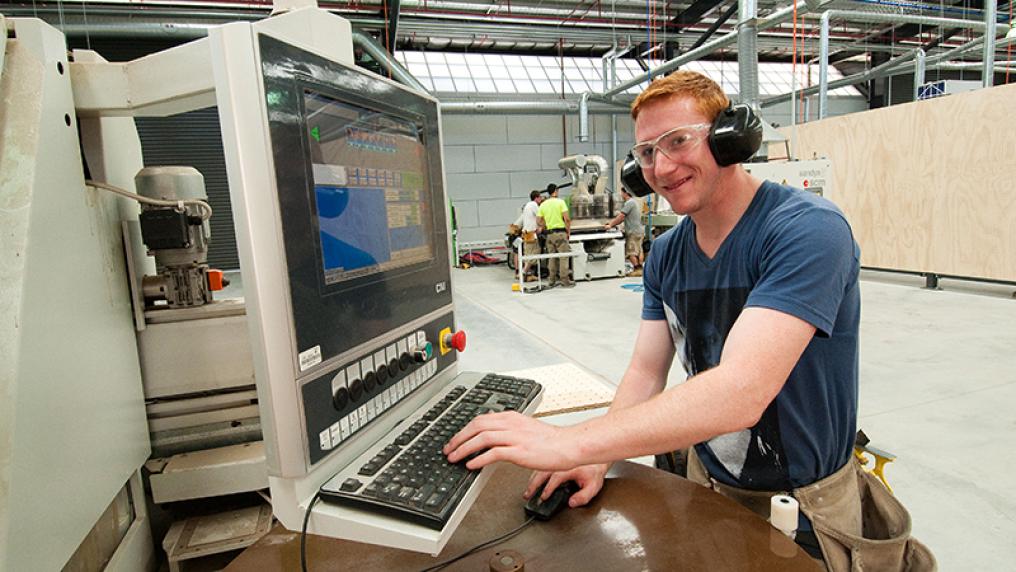Skills & jobs for Melbourne's West
In a first for the west of Melbourne, Skills and Jobs for Melbourne’s West has mapped urban skills and investigated the future jobs needs of employers in three target industry sectors – infrastructure, digital economy and social services and care.
The project has co-designed strategies for sustainable growth in Melbourne’s West through employers' insights and collaboration with education and government to develop a future skilled workforce and greater prosperity
About the project
Key research questions about Melbourne's west to be addressed in the project are:
- How has the pandemic disproportionately impacted the labour force?
- What has been the impact on existing industry/workforce/training issues?
- What are the challenges for employers and industry in understanding skills and training?
This research will:
- model the future outlook for skills and jobs, and the linkages between the two
- listen to and engage with employers and industry
- create engagement that matches employer skills need and the skills people have and want to develop
- identify training and employment support opportunities
- understand how work - based learning can support effective settings for economic growth.

Prosperity for the West? As we emerge from the COVID-19 pandemic
For the first time since we all experienced the effects of the pandemic, research has revealed that there are urgent key needs in Melbourne’s West that if managed well will lead to greater prosperity.
Collaboration
Research projects
Recent research projects focused on Melbourne's west include: